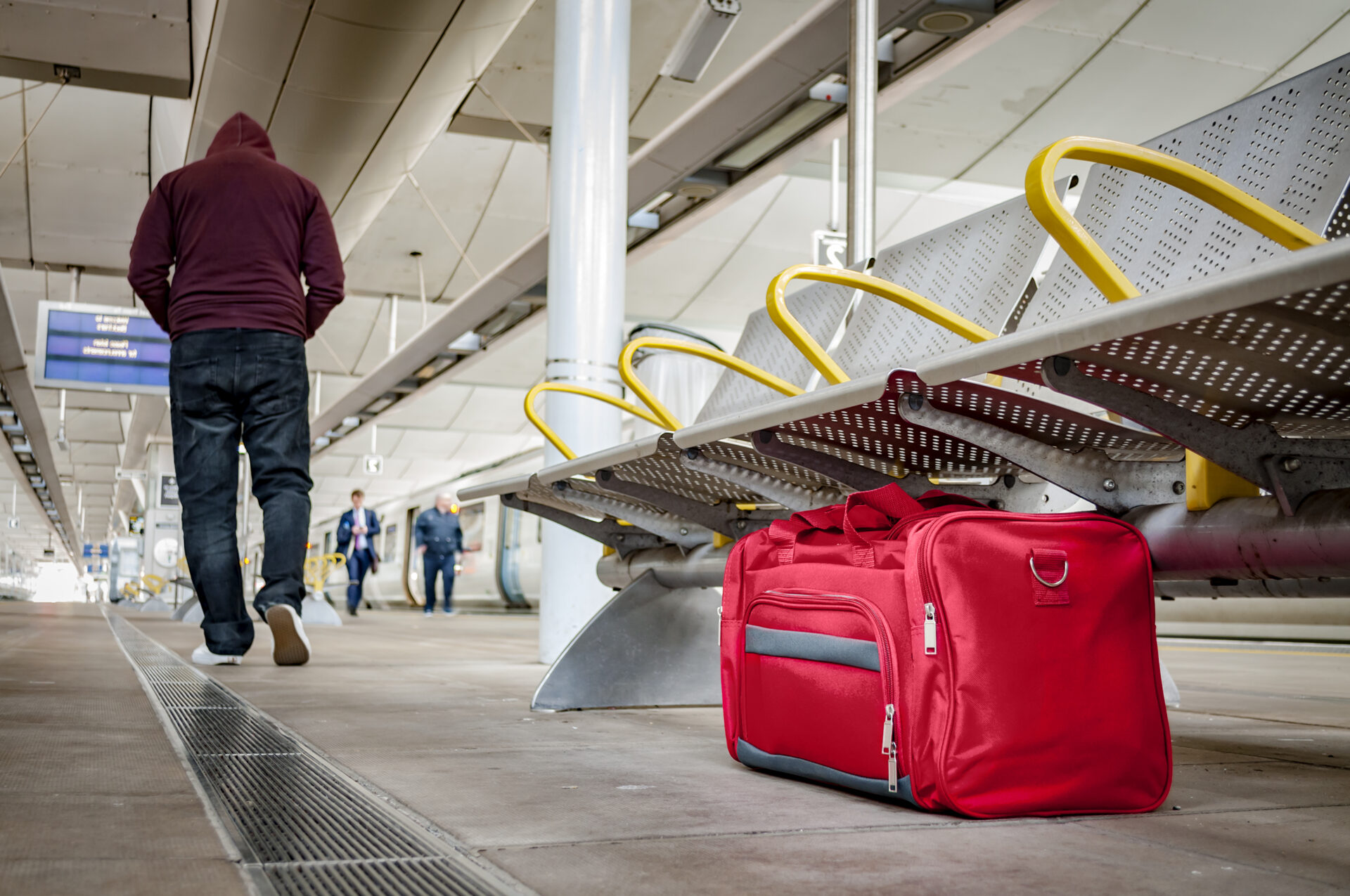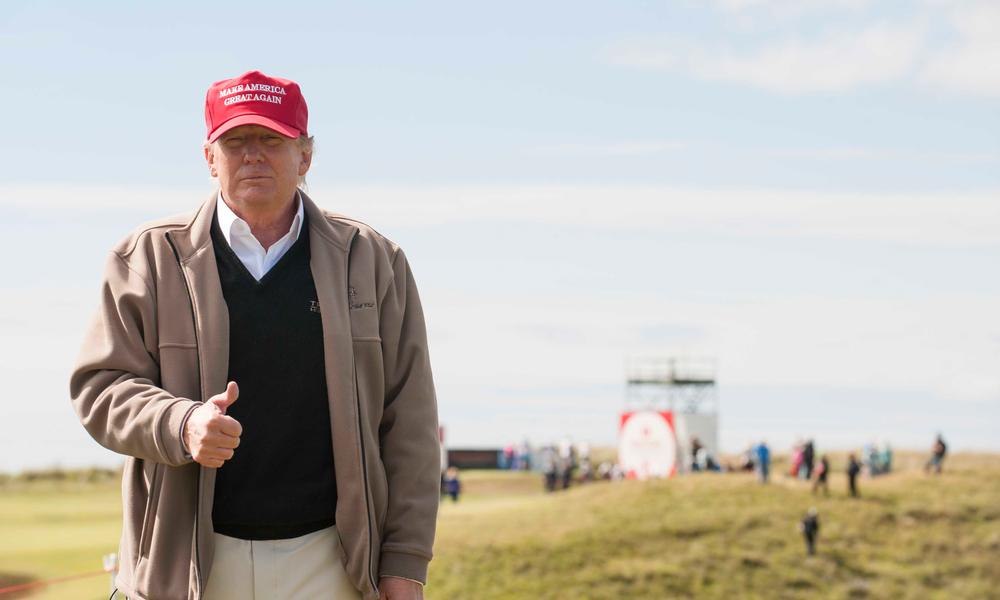The unexpected detainment of a civilian by Marines in Los Angeles brings into focus significant implications for military authority and civil rights.
At a Glance
- US Marines detained an Army veteran in Los Angeles, marking a first for Trump’s active-duty deployment.
- The Marines’ presence at the Wilshire federal building followed protests over immigration raids.
- A federal judge’s ruling against Trump’s troop deployment is under appeal.
- Critics argue the deployment suppresses free speech and signifies an abuse of power.
Military Deployment and Civilian Detention: The Incident
Amidst heightening tensions, US Marines detained Marcos Leao, an Army veteran, near the Federal Building in Los Angeles. The temporary detention was part of a broader military deployment following protests sparked by immigration raids. Around 200 Marines were dispatched after President Trump’s authorization, despite opposition from California officials.
Leao, who was en route to the Department of Veterans Affairs, described the incident as a security procedure. He acknowledged the need for compliance when dealing with federal troops, emphasizing his understanding of the measures taken. The deployment was justified by the administration citing threatened security, though California leaders faced criticism for being bypassed in the decision-making process.
Legal and Political Repercussions
Legal disputes emerged surrounding the deployment for civilian law enforcement. A federal judge initially ruled against the deployment, citing concerns over the separation of military and civilian jurisdictions. However, this decision was paused by a higher court following an administration appeal, leaving legal outcomes pending further review and continuing to fuel public debate.
“Any temporary detention ends immediately when the individual(s) can be safely transferred to the custody of appropriate civilian law enforcement personnel.” – US military’s northern command spokesperson.
The scenario continues to evoke strong reactions from both political leaders and the general public. While some argue Trump’s actions represent necessary interventions to maintain order, others view it as a blatant infringement of civil liberties. The political fallout extends to national dialogues on the appropriate role of the military in domestic affairs.
Broader Implications for Civil Rights
These developments underscore a critical junction in evaluating civil liberties versus security needs within urban areas. With military parades and protests planned, scrutiny of military roles in civilian spheres has intensified. The incident serves as a reminder of the delicate balance between upholding security and protecting individual rights.
“They’re just doing their job.” – Marcos Leao.
The need for clearer guidelines and legislative oversight becomes apparent as the nation grapples with these contentious issues. Ongoing discussions aim to ensure that military deployments adhere strictly to protective purposes without encroaching on personal freedoms.







